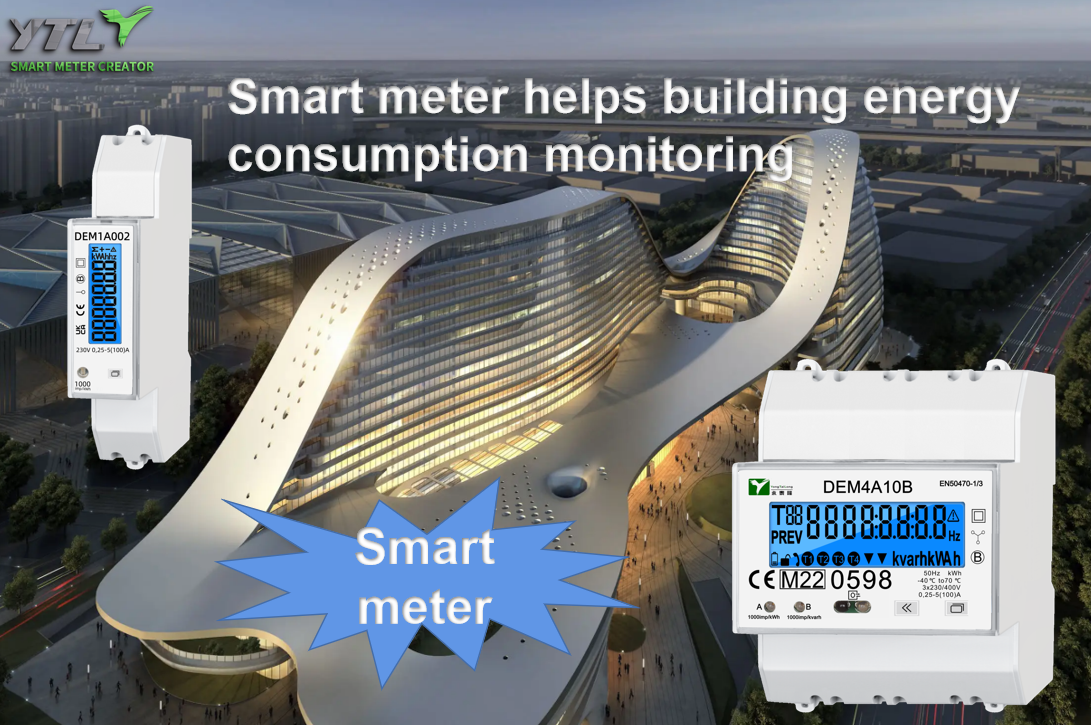As an indispensable part of modern building management, building power measurement is characterized in many aspects, including accuracy, real-time, high efficiency and importance for energy conservation and energy management. These characteristics make building power measurement system play a more and more important role in modern building management, and provide strong support for green development and sustainable development of construction industry. Here is a detailed description of the building power measurement features:

Accuracy
The building electric power measurement system can monitor and record the running status and energy consumption data of all kinds of electric power equipment in the building in real time through high-precision sensors and data acquisition equipment. These devices can accurately measure the voltage, current, power factor and other power parameters to ensure the accuracy of data. At the same time, the system also has the function of data check and anomaly detection, which can automatically identify and correct the wrong data and ensure the reliability of the data.
Real-time
The building power measurement system has the ability of real-time data acquisition and transmission, and can reflect the actual operation status of the power equipment in the building at any time. The system can obtain the voltage, current and power parameters of the power equipment in real time, and transmit the data to the central control system for analysis and processing. This enables managers to keep abreast of electricity consumption in the building and provide real-time data support for energy conservation and energy management.

Efficiency
Building power measurement system improves the efficiency of power measurement by means of automation and intelligence technology. First of all, the system can automatically complete the data acquisition, processing and analysis, reducing the complexity of manual operation and errors. Secondly, the system has remote monitoring and control functions, managers can use mobile phone apps or computer web pages to view the running status of power equipment and energy consumption data at any time, remote management and control. This not only improves work efficiency, but also reduces management costs.
Energy conservation and energy management
Building power measurement systems play an important role in energy conservation and energy management. First of all, through the real-time monitoring and data analysis of power equipment, the system can find the phenomenon of energy waste and unreasonable use, to provide data support for energy-saving transformation. For example, the system can analyze the operating efficiency and energy consumption of the equipment and make recommendations for optimizing the operation plan or replacing efficient energy-saving equipment. Secondly, the system can also be based on the load and energy prices and other factors, the development of a reasonable power plan and energy scheduling program to reduce energy costs. In addition, the system can also provide a scientific basis for the formulation and implementation of energy-saving policies, and promote the green development and sustainable development of the construction industry.

Specifically, the characteristics of building power measurement can be summarized as follows:
1. Advanced Technology: the use of advanced sensors, data acquisition and Internet of things technology, power parameters to achieve accurate measurement and real-time transmission.
2. Intelligent Management: to improve the efficiency and management level of electric power measurement by means of automation and intelligent technology.
3. Data analysis ability: strong data processing and analysis ability, can automatically generate various forms of reports and charts, for energy conservation and energy management decision-making basis.
4. Security Guarantee: the system has the function of security protection and anomaly detection, which can find and deal with the potential security hidden trouble and fault in time.
Wide application: applicable to all types of buildings and construction facilities, including public buildings, residential buildings, industrial plants and so on.

 English
English 中文简体
中文简体

.jpg?imageView2/2/w/500/h/500/format/png/q/100)
.jpg?imageView2/2/w/500/h/500/format/png/q/100)











